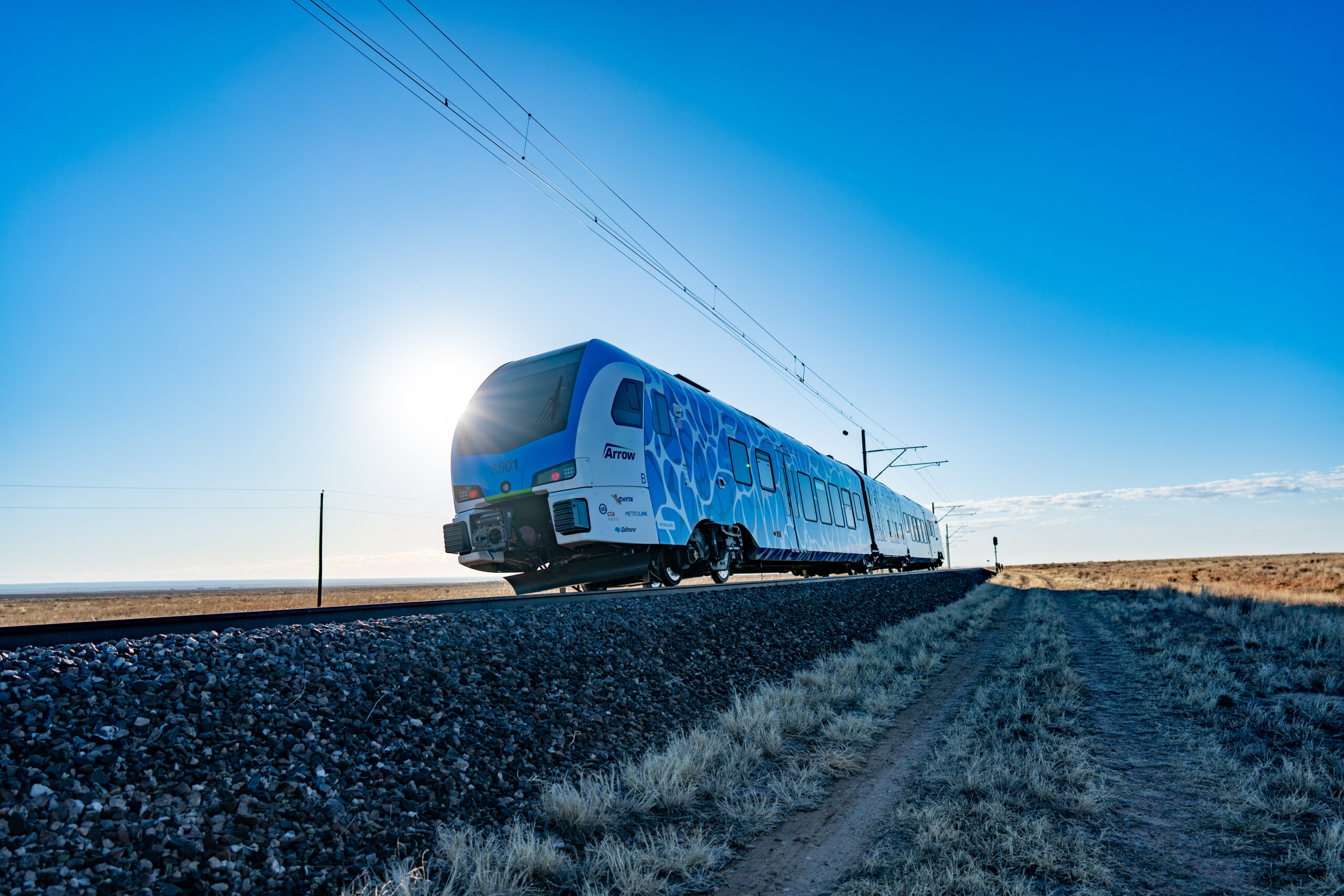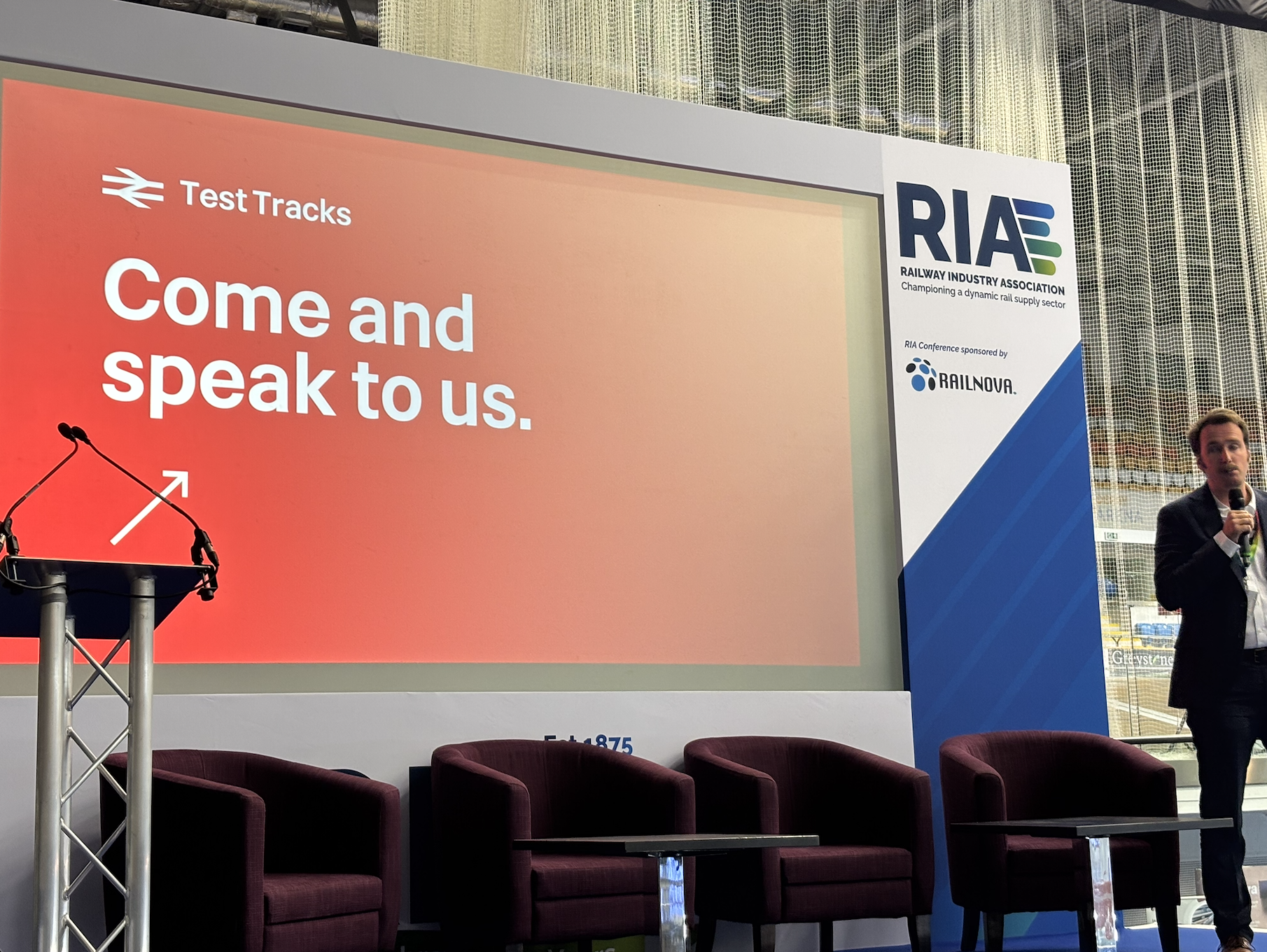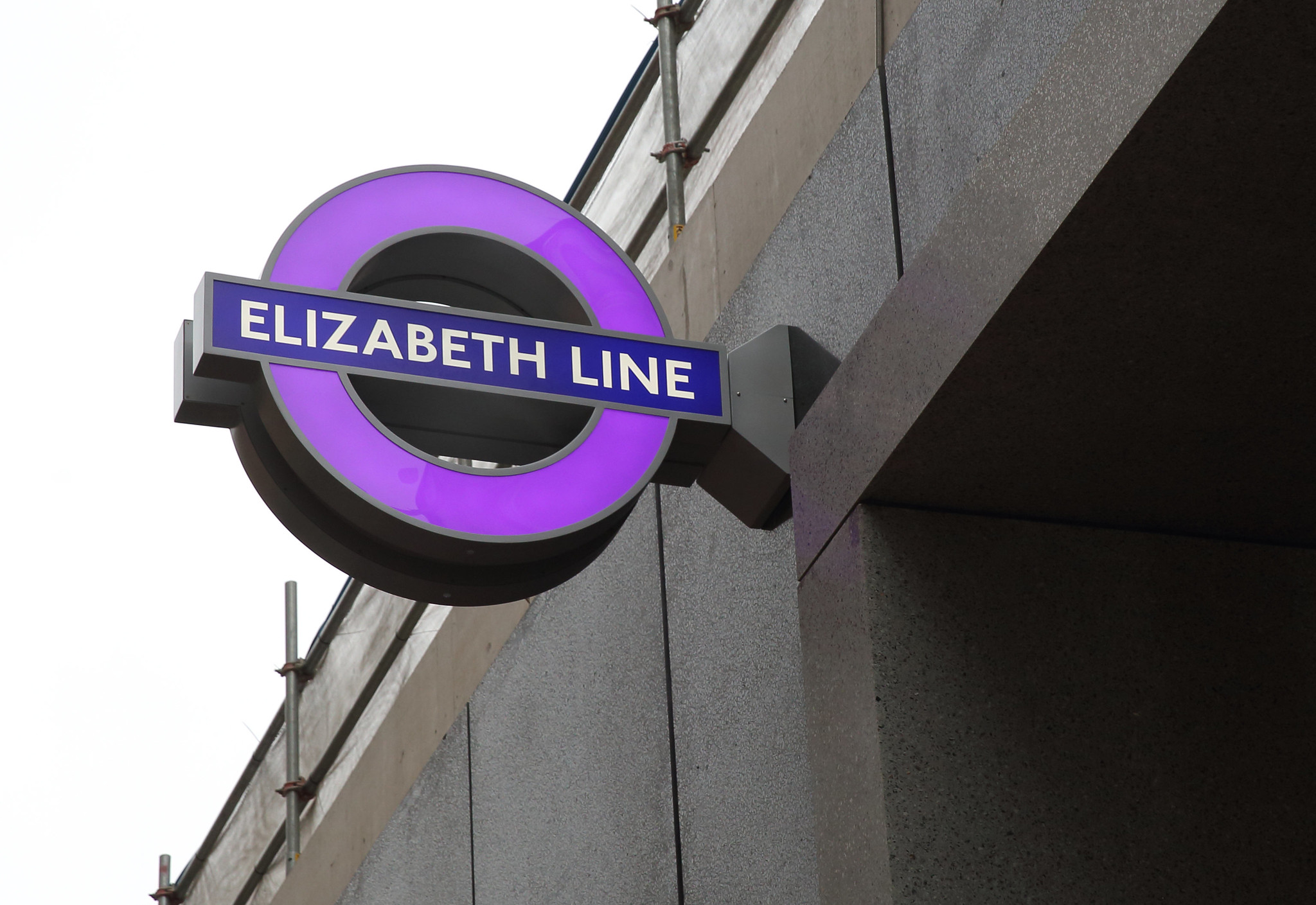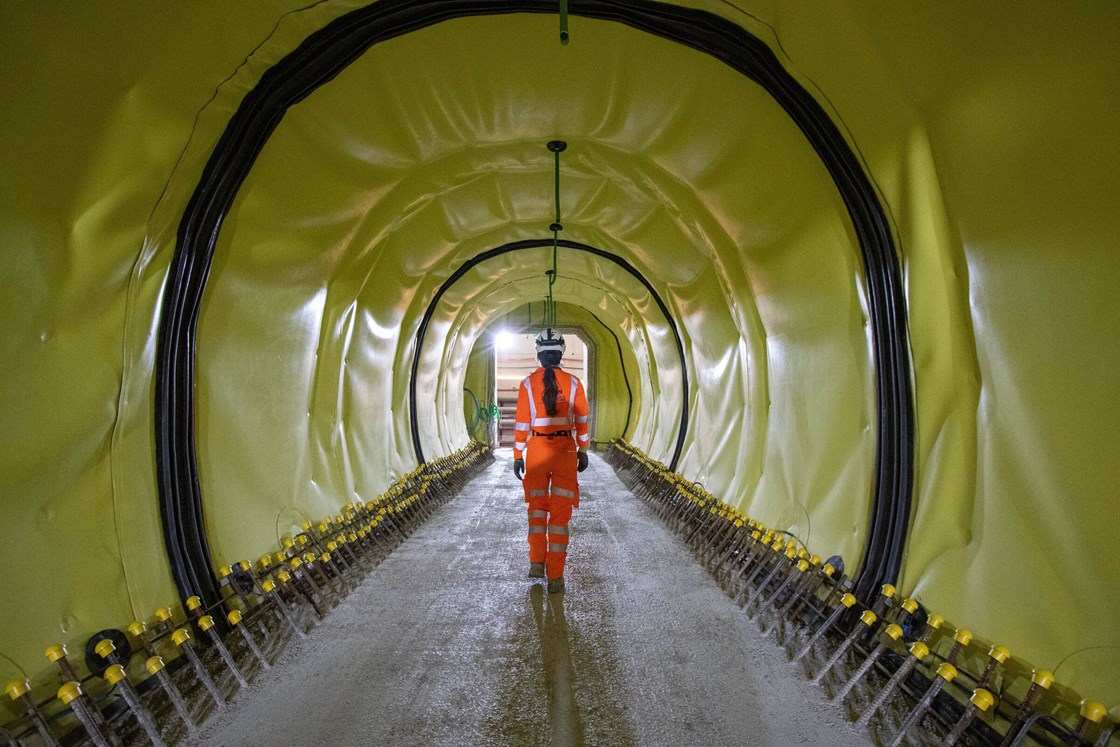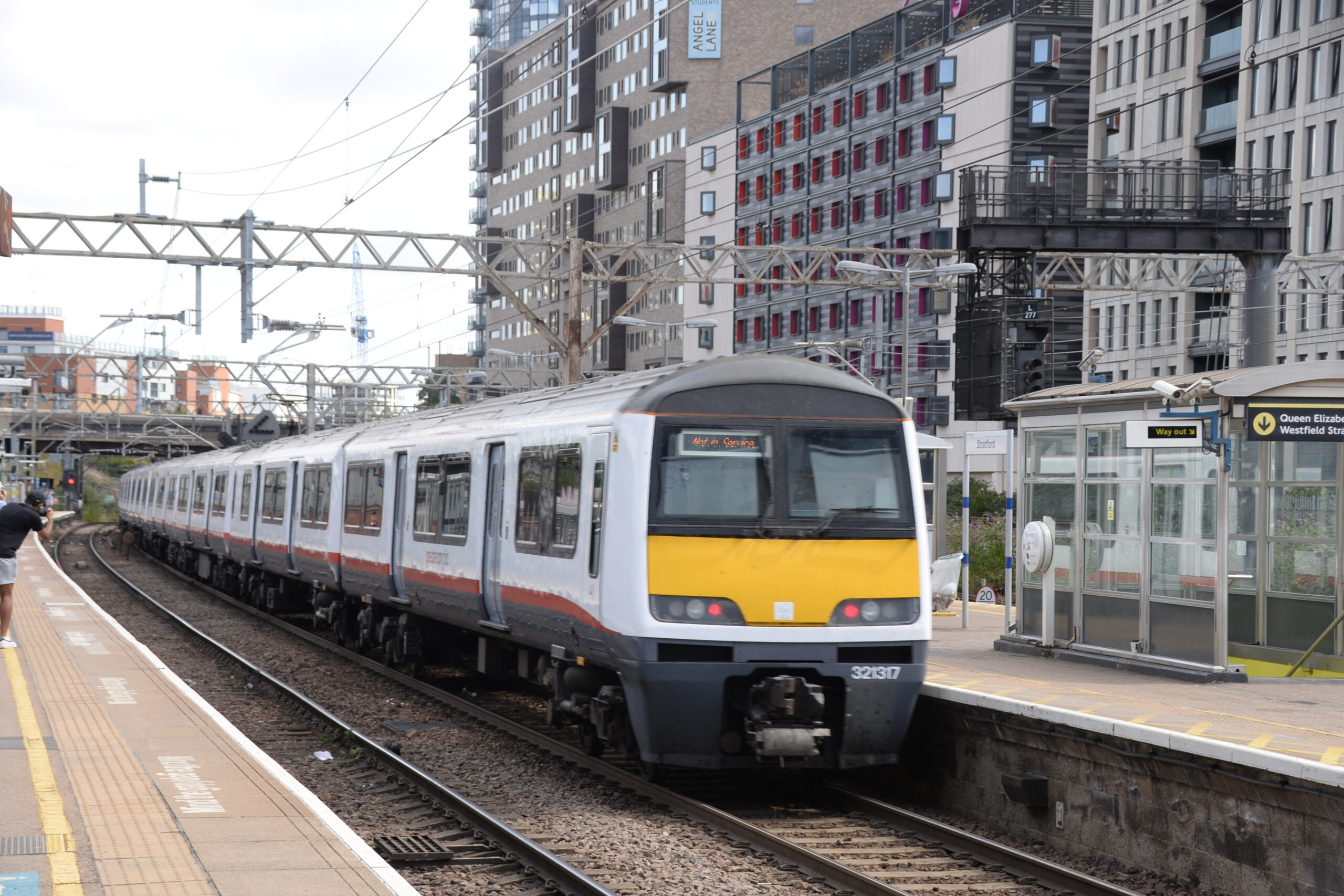At the end of September, I am due to travel from London to Liverpool, to cover Labour’s annual conference, and I am already worrying about my train journey.
This is of course ridiculous. It is not, however, irrational. That’s because my journey will involve Avanti West Coast, a train operating company which is currently much in the headlines, often in close proximity to the phrase ‘Britain’s worst rail company’.
The proximate cause of all this is the decision to slash the timetable. Avanti’s network connects London to Birmingham, Manchester, Liverpool and Glasgow, plus an array of other destinations in the Midlands, North West and Scotland: that makes it by some distance the busiest and most important bit of railway in Britain. A TOC can probably get away with mothballing the odd services on a branch line somewhere; reduce services between London and Birmingham or Manchester from three trains an hour to just one, though, and people are going to notice.
And so, both social media and the old fashioned kind are awash with reports from people finding the trains they booked cancelled, and those they end up taking instead uncomfortably and predictably rammed. Even when trains do run, people are finding their pre-booked seat occupied because the seat reservation system is on the blink, or that the air conditioning doesn’t work, or that the buffet trolley can’t sell you any water because the handheld card payment system thingy doesn’t work either.
Avanti’s explanation for this is a shortage of staff: drivers have been unwilling to take extra shifts on days off, it says, and are reporting an unusually high levels of sickness. The rail unions respond that, if the operator doesn’t have enough staff, then it should employ more, although I suspect a decent pay rise might help, too: an employer that needs people to work on their days off to fill its rotas is an employer dependent on staff good will.
At any rate, people were not, for the most part, feeling warm and fuzzy towards Avanti West Coast, when it made things worse by accidentally holding some prisoners. On 16 August, with the 1930hrs London to Glasgow service running an upsetting 100 minutes late, someone took the decision that it shouldn’t stop at Oxenholme. Passengers for that station, which acts as the gateway to the Lake District, were advised instead to travel onwards to Penrith and attempt to find a taxi for the 30 mile journey back.
This would no doubt have been annoying, but in the event the train did stop at Oxenholme. Nobody seemed to have told the station staff, however, who had all gone home and locked up, leaving passengers to affect their escape by climbing over 2 metre iron gates in the dark. Tim Farron, a recovering former leader of the Liberal Democrats who also happens to be the local MP, characterised the story as merely the latest example of “clearly systematic failures going on at Avanti… We must now ask,” he went on, “whether Avanti are a fit and proper outfit to run a franchise.” (The Guardian reports that Avanti has launched an inquiry; this will no doubt sort everything out.)
It’s natural, and at least partly fair, to blame the TOC itself for all this. Even before it introduced its new timetable, it had been dragging along at the bottom of the league tables for some time, dropping one place in 2021–22 to boast the most late trains of any operator. It’s also had more complaints than any other TOC, over 50,000 in just two years, covering everything from trains cancelled at short notice to delays to overcrowding (and now, one presumes, imprisoning passengers in the Lake District, too). None of this has stopped the company from paying out £11.5m in dividends to shareholders: this payment, made in August, covers the year to March 2021, a period when it trousered a £725m in government subsidies to cope with the pandemic.
You’d be hard pressed, then, to say Avanti was doing well. But my suspicion is that the government is up to its neck in this one, too, and not merely because of transport secretary Grant Shapps’s abysmal TV performance in which he accidentally revealed that he didn’t understand the concept of a direct train. That’s because the Treasury, now a much more direct source of funding for the train operating companies than it was before the franchise system collapsed in 2020, has asked operators to cut services to save money. It’s demanded they find other ways to cut their costs, too, putting pressure on them to reduce staffing. It’s just possible that all this has had an impact on good will among staff.
The government’s gamble seems to be that the public will always side against strikers, and that the resulting discomfort would bolster support for the party of bosses and capitalism. Maybe. But recent polling has found historically unusually high levels of support for industrial action. With everyone’s wages under pressure, those who demand more are not as unpopular as they once were.
All this may put pressure on the new Prime Minister and new Cabinet due to take over in early September to find some way of fixing this mess. At the very least they may want to sort it before the Tory conference in early October. They’re holding it in Birmingham.
About Jonn Elledge
Jonn Elledge is a journalist and editor who specialises in transport and local government. Former assistant editor of the New Statesman.

















